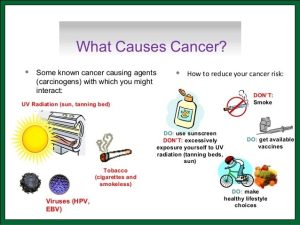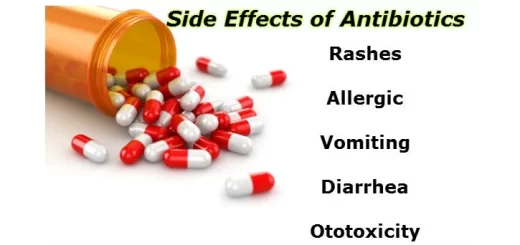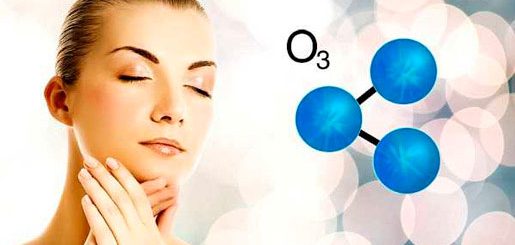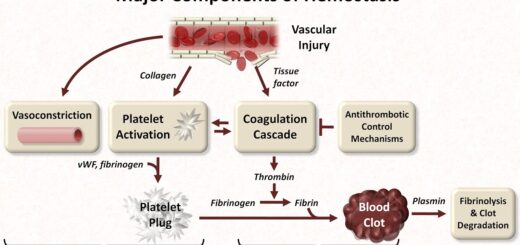Causes & types of cancer diseases, Effects of Hormone in cancer development
Cancers are a large family of diseases which involve abnormal cell growth with the potential to invade or spread to the other parts of the body, They form the subset of neoplasms, The neoplasm or the tumor is the group of cells that have undergone unregulated growth, and they will often form the mass or the lump but may be distributed diffusely.
Causes of cancer
The great majority of cancers (some 90–95% of cases) are due to environmental factors, 5–10% are due to inherited genetics, Environmental means any cause that is not inherited genetically such as the lifestyle, economic and behavioral factors, and not merely the pollution.
Common environmental factors that contribute to cancer death include tobacco (25–30%), diet and obesity (30–35%), infections (15–20%), radiation (both the ionizing and non-ionizing, up to 10%), the stress, the lack of physical activity, and the environmental pollutants.
It is impossible to prove what caused cancer in any individual because most cancers have multiple possible causes if the person uses tobacco heavily it develops lung cancer, then it was caused by tobacco use, There is a small chance that cancer developed because of air pollution or the radiation.
The incidence of lung cancer is highly correlated with smoking, Exposure to particular substances has been linked to specific types of cancer, They are called carcinogens.
Tobacco smoking causes 90% of lung cancer, It causes cancer in the larynx, the head, the neck, the stomach, the bladder, the kidney, the esophagus, and the pancreas.
Diet, physical inactivity, and obesity are related to up to 30–35% of cancer deaths, The physical inactivity is believed to contribute to the cancer risk, More than half of the effect from the diet is due to overnutrition (eating too much), rather than from eating too few vegetables or other healthful foods.
Some specific foods are linked to specific cancers, The high-salt diet is linked to gastric cancer, Aflatoxin B1, The frequent food contaminate causes liver cancer, Betel nut chewing causes oral cancer, Worldwide approximately 18% of cancer deaths are related to infectious diseases.
Viruses are the usual infectious agents that cause cancer but cancer bacteria and parasites may also have an effect, The virus that can cause cancer is called the oncovirus, the bacterial infection may increase the risk of cancer.
The parasitic infections are associated with cancer, up to 10% of invasive cancers are related to radiation exposure, including both ionizing radiation and non-ionizing ultraviolet radiation.
The vast majority of non-invasive cancers are non-melanoma skin cancers caused by non-ionizing ultraviolet radiation, mostly from the sunlight, Sources of ionizing radiation include medical imaging and radon gas.
The ionizing radiation is not a particularly strong mutagen, The residential exposure to the radon gas has similar cancer risks as passive smoking, The radiation is a more potent source of cancer when it is combined with other cancer-causing agents such as radon gas exposure plus smoking tobacco.
Radiation can cause cancer in most parts of the body, in all animals, and at any age, children and adolescents are twice as likely to develop radiation-induced leukemia as adults, The radiation exposure before birth has ten times the effect, The ultraviolet radiation of the sun can cause the melanoma and the other skin malignancies.
The non-ionizing radiofrequency radiation from the mobile phones have been described as the possible carcinogen, The vast majority of cancers are non-hereditary, Hereditary cancers are the primarily caused by the inherited genetic defect, The prolonged exposure to the asbestos, naturally occurring mineral fibers that are the major cause of mesothelioma.
The repeated burns on the body may produce skin cancer especially if the carcinogenic chemicals are also present, The frequently drinking scalding hot tea may produce esophageal cancer, The repeated injuries to the same tissues could promote excessive cell proliferation that could then increase the odds of the cancerous mutation.
The hormones play the role in cancer development by promoting cell proliferation, The insulin-like growth factors and their binding proteins play a key role in cancer cell proliferation, differentiation, and apoptosis, suggesting possible involvement in carcinogenesis.
The hormones are the important agents in sex-related cancers such as cancer of the breast, the endometrium, the prostate, the ovary, and the testis, and also of thyroid cancer and bone cancer, The non-fibrous particulate materials that cause cancer include the powdered metallic cobalt, nickel, and the crystalline silica, and the physical carcinogens must get inside the body.
The obese people who have higher levels of some hormones that are associated with cancer and the higher rate of those cancers, Women who take the hormone replacement therapy have a higher risk of developing cancers associated with those hormones.




